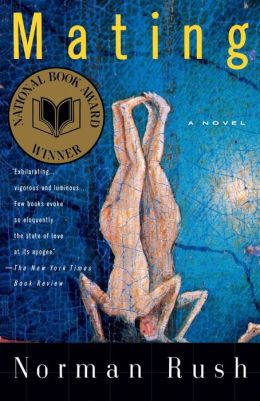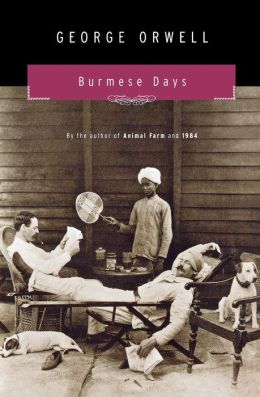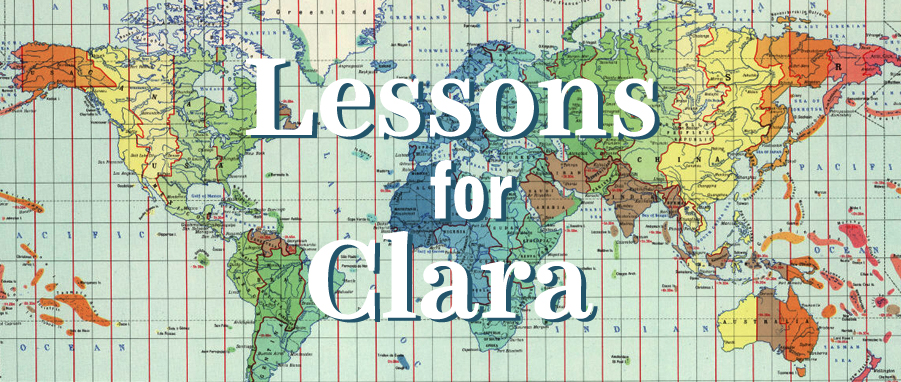Dear Sibyl, One of my best friends who I have known since kindergarten is slipping away from me. I'm in my mid-30s and we've have a pretty distant relationship for at least the past 10 years. I see her several times a year and love her very much. We have so much past behind us and obviously care about each other but it seems that she puts no effort to be my friend. When I reach out to her by phone or email, she does not respond. And when we see each other in person I feel like she doesn't seem that pumped to be with me.
We both have kids now and I thought that this would bring us closer. Both of our dads died in the same month and still we can't seem to find a way to communicate like best friends. It's strange and sad for me. I don't feel that there is a way of talking about this with her. It just doesn't really work to ask someone if they don't like you anymore.
I want her to be a close friend but I don't know how to do it, our friendship seems so empty and what feels like one-sided. I am certain that we will always know each other since we are basically family. I think we have a lot less in common now than we did when we were kids but I still love her very much. What can I do to make it less awkward and more friendly?
Sincerely,
Long Lost Best Friend
Dear LLBF,
When my teenage best friend slept with my first love boyfriend, I not only forgave her, I put her in my wedding as a bridesmaid seven years later. At the time, I thought I was being so very magnanimous, but now, seeing how that friendship fizzled out over the years as I struggled to keep the connection with letters, emails, and phone calls that went basically unanswered, I think I had a lot to learn about boundaries and letting go.
For so long, I considered myself a pitbull in relationships---intimidating at first, but once you got in, I'd hang on by my eye teeth forever. I believed that that was what it meant to love someone---to hold on no matter what happened, but over time I found that what I had sunk my teeth into was simply a hungry ghost. She floated away from me, and in her wake I found that she was actually a pretty terrible friend. I had been afraid of letting go of our intimacy because I feared I'd lose a part of myself in the process. What I realized is that I'd always be the young girl who loved her, trusted her, forgave her, and kept reaching for her, but she had moved on, and I needed to as well.
Luckily, as an adult I have worked hard to create a few incredibly honest friendships, the kind where if we have a phone conversation and the other person seems distant one of us calls back pretty soon after to say "That was so weird. What is really going on? I think it's me, I'm in a strange place today. Sorry I made fun of your boyfriend's hair. He's Sassoon fabulous."
The juxtaposition of these two friendships, one in which I was striving to make something work even though all I was getting was indifference at best and poor treatment at worst, and the others, in which we are so concerned with keeping short accounts with each other that we go the extra mile to check in about the smallest bit of disengagement growing between us, is what I keep thinking about with your question, Long Lost Best Friend. What you have found yourself in, all these years later, is a non-reciprocal relationship, in which you are doing all the pursuing, and she is distancing as fast as her legs will take her.
The simple fact that you don’t feel like you can share that you feel disconnected from her is a huge red flag to me. In order to find the friendliness you seek, you actually have to dive further into the awkwardness. What have you got to lose? At this point, you don’t have a real friendship, and it’s leaving you with grief and, I imagine, a growing resentment of some kind. So, my suggestion is that you plan a date with her, sans kids, to sit down and say, “I’ve noticed we’re growing apart, and it’s sad to me. Do you think it is just an inevitable part of growing up, or has something gone wrong? I’d really like to work on this with you. Either way, you are always in my heart and will be in my life. But I’d like us to be close like we used to be, when we’d be so excited to talk to one another that we could barely wait for the next chance. Have you felt this too?”
Hopefully, she’ll say, “Yes! I’m so glad you brought this up. It pains me too. How can we make it better?” And you’ll have a chance to ask her to respond to your emails and phone calls more frequently. Or, she’ll tell you what she’s been holding on to, some place that the relationship broke down, and the two of you can work it out.
However, she may claim that she doesn’t know what you’re talking about. This is the time that you stand firm in your reality, and say, “Well, I miss you. I’d love it if you called more often. If you can’t do that, I understand, but we’ll lose a connection that we’ve forged over many years, and I’ll be grieving that loss.” She’ll think you’re brave for stating your truth, and will be flattered that you hold her so highly. Then you can relegate her to someone who walked alongside you for awhile, hand in hand, but is now on an adjoining path, still moving in the same direction, but with distance between you. It could free you up to form a closeness with a new best friend, who has the capacity to give you the intimate friendship you crave.
With Love,
Sibyl




























